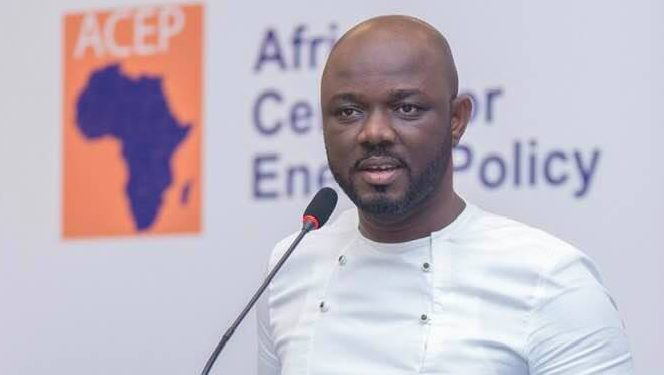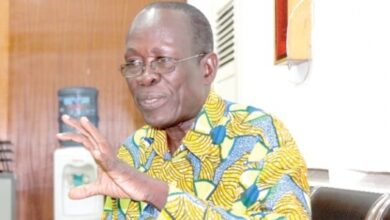
Executive Director for the African Centre for Energy Policy(ACEP) Ben Boakye has described the introduction of the Value Added Tax(VAT) on the electricity consumers as inappropriate and counter production.
Residential consumers are likely to be charged more if they consume electricity above the maximum consumption level.
This comes after the Ministry of Finance directed the Electricity Company of Ghana (ECG) and the Northern Electricity Distribution Company (NEDCo) to liaise with the Ghana Revenue Authority to ensure the changes take effect from January 1, 2024.
According to the Finance Ministry, the move has been necessitated as part of the government’s medium-term revenue strategy and the International Monetary Fund supported Post Covid-19 Programme for Economic Growth (PC-PEG)
The ministry also backed the directive with Sections 35 and 37 and the first schedule 99 of Value Added Tax (VAT) Act, 2013 (ACT 870) which allows a review of tariffs.
They were however quick to add that VAT is still exempt for a supply to a dwelling of electricity up to a maximum consumption level specified for block charges for lifeline units.
Though the Ghana Revenue Authority is yet to publicly announce its implementation, sources say the directive could be in full force.
Speaking to the media on this development, Mr. Ben Boakye is of the view that, the tax may rather encourage few law abiding citizens who pay electricity bills begin finding measures to avoid the tax.
LISTEN TO MR. BEN BOAKYE IN THE AUDIO BELOW:
Story by Osei Akoto(Teacher Kojo) #Ahotoronline.com





